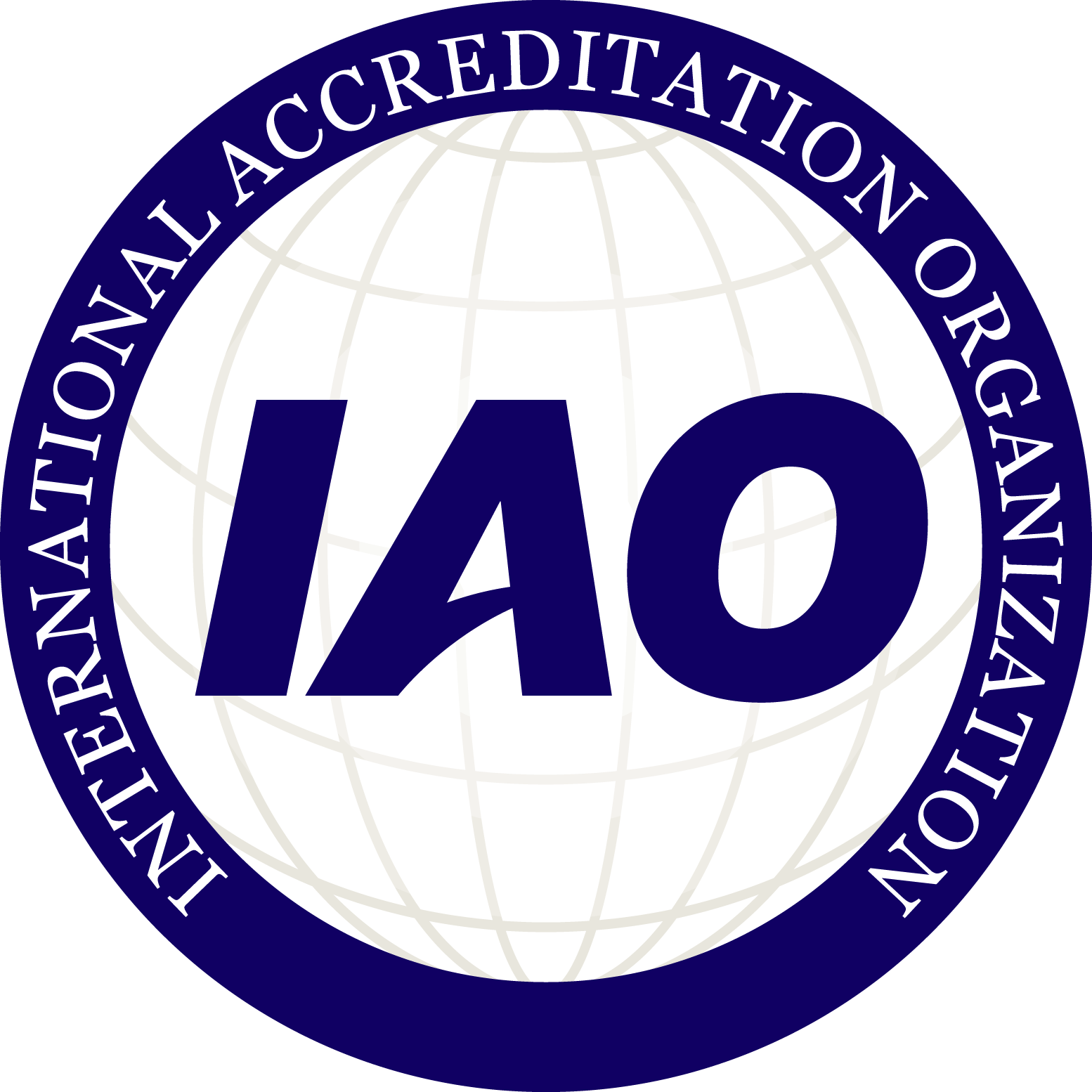Lean management, often simply referred to as “Lean,” is a management philosophy and approach that focuses on creating more value for customers with fewer resources. It originated from the manufacturing sector, particularly from the Toyota Production System (TPS), but has since been applied across various industries and sectors. The primary goal of Lean is to eliminate waste, improve efficiency, and enhance overall organizational performance.
Key principles and concepts of Lean management include:
- Value:
- Identifying and understanding what customers value in a product or service.
- Value Stream:
- Mapping and analyzing the entire value stream to identify all the steps involved in delivering value to the customer.
- Flow:
- Ensuring a smooth and continuous flow of work through the entire value stream, reducing interruptions and delays.
- Pull:
- Aligning production or service delivery with actual customer demand, rather than producing based on forecasts.
- Perfection:
- Striving for continuous improvement and perfection in processes, products, and services.
- Waste Reduction:
- Identifying and eliminating waste, which is any activity that does not add value to the customer.
Common types of waste in Lean include:
- Overproduction
- Waiting time
- Transportation
- Overprocessing
- Excess inventory
- Defects
- Motion (unnecessary movement)
- Continuous Improvement (Kaizen):
- Encouraging a culture of continuous improvement where employees at all levels actively contribute ideas for enhancing processes and eliminating waste.
- Respect for People:
- Valuing and respecting the skills, knowledge, and contributions of all employees.
- Standardization:
- Establishing standardized work procedures to ensure consistency and facilitate continuous improvement.
- Visual Management:
- Using visual tools such as charts, graphs, and displays to make information about processes and performance easily accessible and understandable.
- Just-In-Time (JIT):
- Producing or delivering items just in time to meet customer demand, reducing the need for excess inventory.
Lean management is not limited to manufacturing; it has been successfully applied in areas such as healthcare, service industries, and software development. Organizations that adopt Lean principles often experience improved efficiency, higher quality, reduced costs, and increased customer satisfaction. The Lean approach is adaptable and encourages a mindset of continuous learning and improvement.


